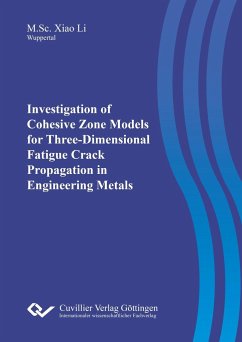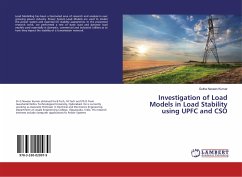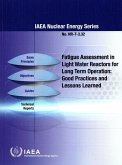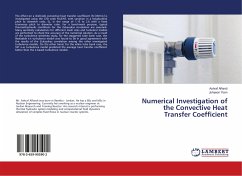With the development of technology, damage tolerance design becomes compulsory and fatigue crack propagation life is a necessary design case, e.g. in aerospace industry. For low cycle fatigue problems, the failure process is generally ductile which cannot be described by the known Paris¿ law properly. Predicting elastoplastic fatigue crack growth life remains one of the most challenging problems in fracture mechanics. Cohesive zone modeling provides an alternative way to predict crack growth in ductile materials under elastoplastic loading conditions. The investigations of constraint effects have confirmed that cracking depends on the applied load intensity and the load configuration. Present dissertation concerns the constraint effect on the cohesive zone model and the application of the cohesive zone model for three-dimensional low cycle fatigue crack growth predictions. - A new stress-triaxiality-dependent cohesive zone model is proposed to describe 3D elastoplastic fracture process. - A new cyclic cohesive zone model is proposed to describe the fatigue crack growth with both low and high growth rates. - A new stress-triaxiality-dependent cyclic cohesive zone model is proposed and the stress-state affects both the cohesive law and the damage evolution equation.








